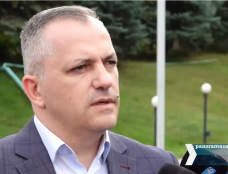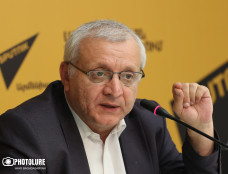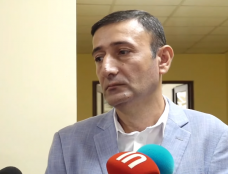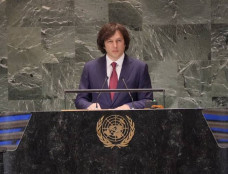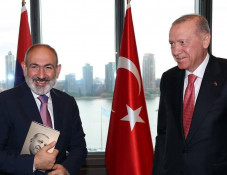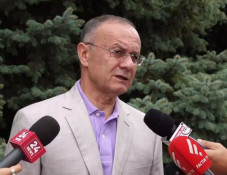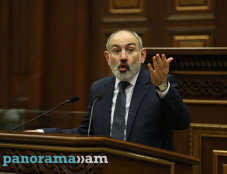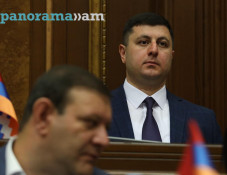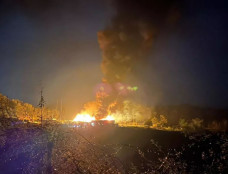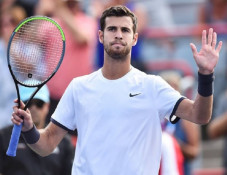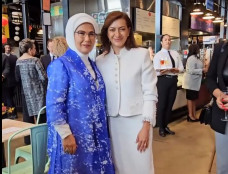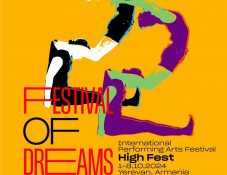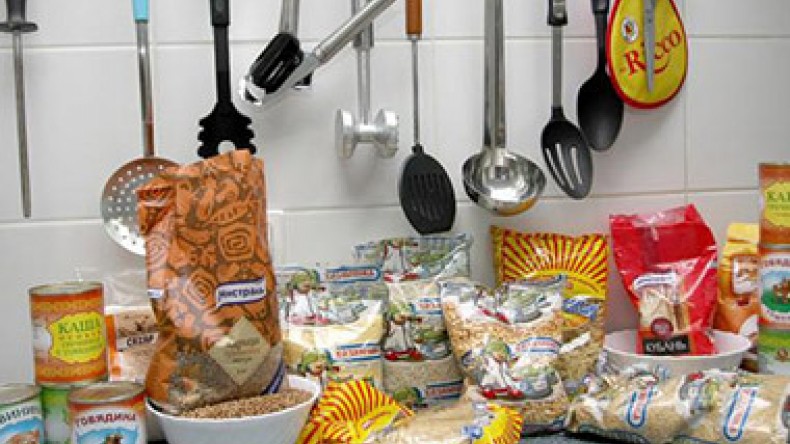
World Food Day 2013: Towards Sustainable Food Systems
By José Graziano da Silva,
Director-General of the Food and Agriculture Organization of the United Nations (FAO)
World Food Day falls on 16th October, commemorating FAO’s foundation on that date in 1945. It offers a moment each year for people all around the world who are involved in the many diverse elements of the food system to come together to reflect on the vital role that food plays in our lives and to consider how things can be done better. The process of producing food and getting it onto our plates is extraordinarily complex. It involves many different steps and players – not just farmers and fishermen, but the scientists who develop improved technologies; the suppliers of farm inputs; those who transport, store and process food; and those who market it. All people are, of course, consumers of food and what they decide to eat, how they acquire it, the ways in which they prepare it, and how many children they have determine the nature and scale of the overall demand for food.
One could say that the food system is functioning successfully if there is a reasonable equilibrium between global food demand and supply. This year’s World Food Day theme “Sustainable Food Systems for Food Security and Nutrition” is an invitation to us to consider just how well the system is working and what can be done to improve it.
From a rather narrow demand and supply perspective we can claim that, since 1945, the food system has worked remarkably well. The world’s population has tripled in this period, and average food availability per person has risen by 40%. This is an extraordinary achievement and many economists would cite it as proof of the effectiveness of “the market” in inducing an adequate supply response to the growth in demand from a fast rising and richer global population.
If we look a bit deeper, however, we shall see that there are huge flaws in how the food system operates.
The biggest failure is that, in spite of plentiful food supplies, the health of more than half the world’s 7 billion population is affected by under- or over-consumption. Just 3 years ago, the threat of famine forced millions of Somalis to abandon their homes to search for food, and as many as 260,000 people, many of them children, are estimated to have died of starvation. This was a horrific reminder that the global food market works well for those that have money but fails to respond to the needs of the poor.
Even now, around 840 million fellow humans face daily food shortages that prevent them from working, stunt the growth of their children, expose them to illness and lead to premature death. The health of another 2 billion people is compromised by nutrient deficiencies. At the other end of the spectrum, another 1.5 billion are overweight or obese, consuming more food than their bodies need and exposing themselves to a greater threat of diabetes, heart problems and other diseases.
What is clear is that “the market” alone does not automatically translate food availability into better nutrition, health, productivity and happiness. The most glaring market failure stems from the fact that those with the greatest food needs are unable, because of their poverty, to translate these into demand. They are caught in a hunger trap which is self-perpetuating because they do not have the means to buy or produce the food their family requires for a healthy life. That hunger persists in a world of plenty food is truly scandalous.
The other major failure relates to the unsustainability of the present food system. This has both environmental and human dimensions.
Much of the extraordinary growth in food output has placed great stresses on natural resources. It has degraded soils, polluted and exhausted fresh water supplies, encroached on forests, depleted wild fish stocks, and narrowed biodiversity, leaving these resources with a diminished capacity to meet the food needs of our children and future generations. Intensive farming systems, combined with food wastage on a massive scale, have also become a big source of the greenhouse gas emissions that help to drive the processes of climate change that, in turn, are expected to create new adaptation challenges for farmers. Even the richer food consumers do not yet pay for the cost of this damage to natural capital or for clearing it up.
One would have expected that the rising demand for food would have been reflected in greater prosperity in farming and fishing communities as they responded with increased output. Paradoxically, however, their very success in expanding food availability, combined with the trade protection and subsidy policies of developed countries and the limited bargaining power of farmers in relation to trading houses, agro-industries and retailers, has led to a growing concentration of poverty in the rural areas of many developing countries. One consequence is that 70% of the world’s hungry people live in rural areas and depend for their livelihoods mainly on food production.
And so on this World Food Day, let us share our thoughts and experiences on how best to address these two great challenges – how to translate rising food availability into better nutrition for all people and how to make the necessary shift to environmentally and socially sustainable production and consumption systems. We can all play a part in this through changing our own life styles and must do so if we are to correct the dreadful food situation that I have described.
I am confident that we can do much better on both fronts. We now have evidence from many countries which are committed to ensuring that all their people can enjoy their human right to food that hunger and malnutrition can be quickly reduced by direct measures. These include school meals programmes and cash transfers to the poorest families to enable them to bridge their food gap and so stand on their own feet. By translating food needs into demand, such programmes can stimulate local markets for small-scale farmers.
We are also learning from the fair trade and slow food movements as well as from the certification of food and forest products from sustainably managed resources that it is possible for individual consumers to take buying decisions that improve the living conditions of farmers and fishermen and encourage them to take up sustainable production practices.
FAO’s member countries have recently confirmed the Organization’s top two priorities - to work for the rapid eradication of hunger and malnutrition and to accelerate the shift to sustainable food production and consumption systems.
I know that we can count, dear readers, on your committed support in reaching these goals within the shortest possible time!
Newsfeed
Videos





